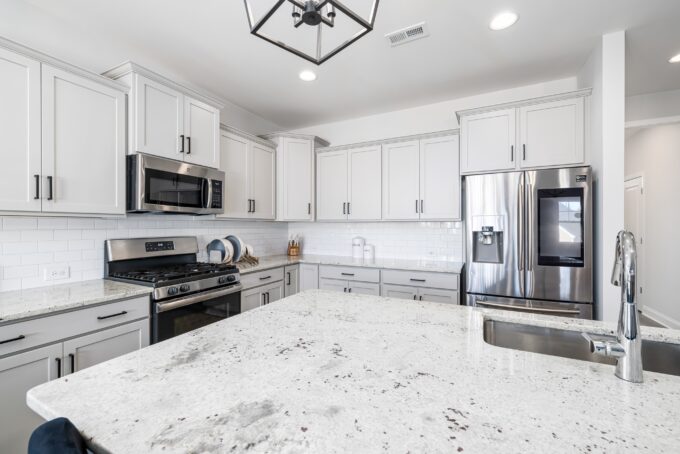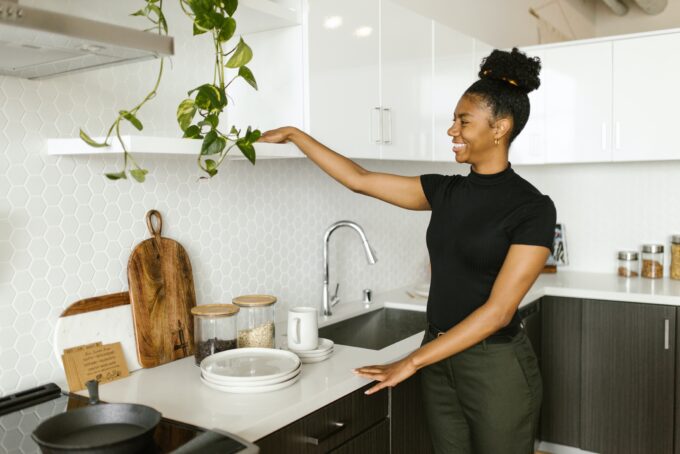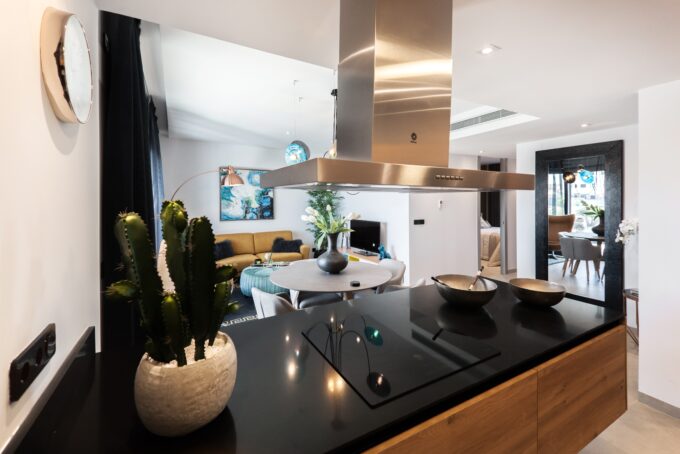Quartz, granite, and marble are incredibly popular choices for countertops and other surfaces in residential and commercial spaces. Each of the three materials comes with its special features and benefits, making them suitable for a wide range of applications. Understanding the differences between each material can help you make a more informed decision when picking out the right material for your home. So to learn more about what makes quartz, granite, and marble so special, take a look at this quick guide below.
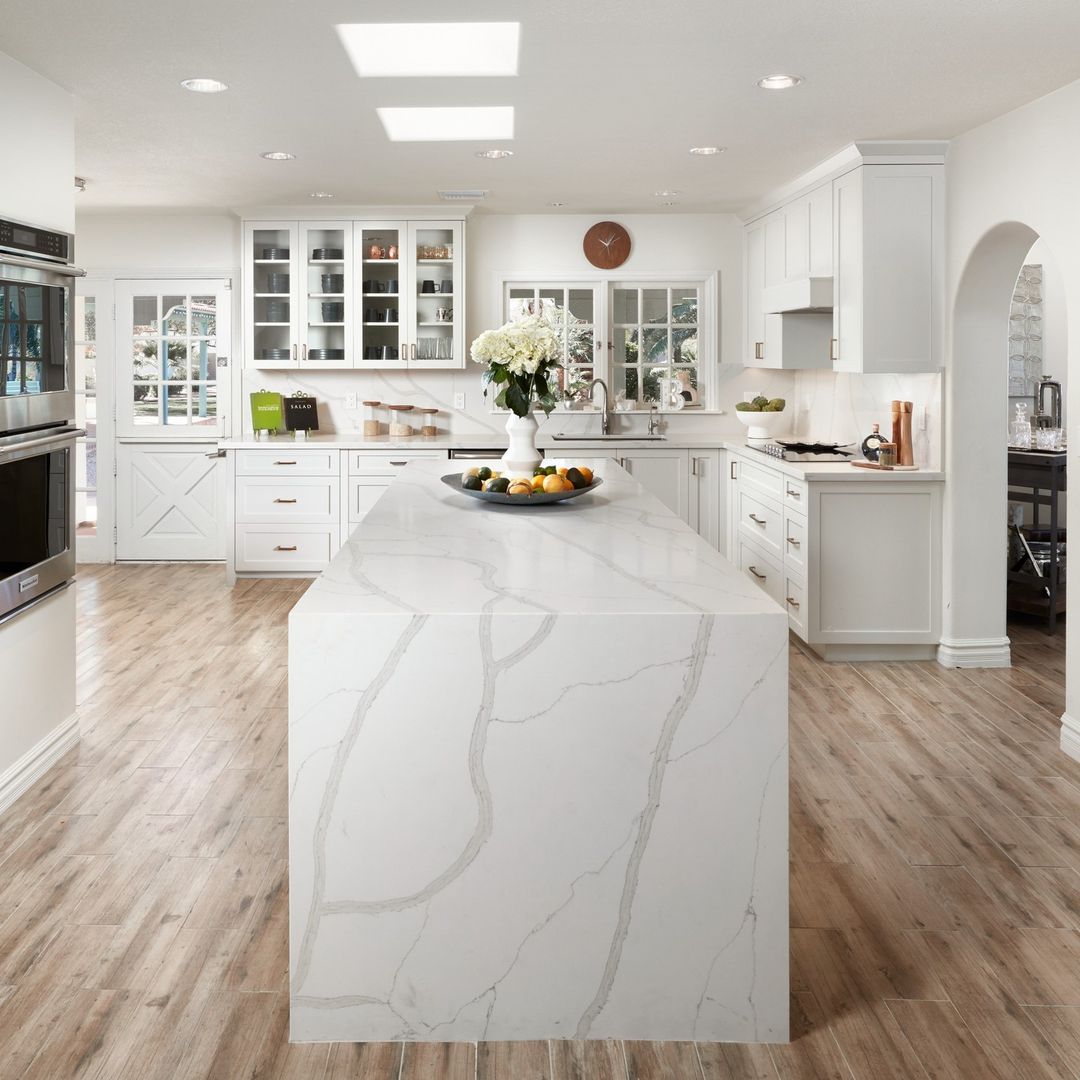
Quartz
Quartz countertops are engineered stone surfaces that are typically made of 90 to 95 percent crushed natural quartz crystals, mixed with resins, polymers, and pigments. This mixture results in a super resilient and non-porous material — a.k.a quartz.
Pros: Quartz is a popular choice for kitchen and bathroom countertops, flooring, and other surfaces due to it being incredibly resistant to staining and scratches. Another cool benefit of quartz is that it comes in a wide selection of colors and patterns, making it a suitable choice for a number of design aesthetics.
And if that isn’t enough, unlike natural stone surfaces, you don’t have to seal quartz countertops, rendering it a low-maintenance option, which can be especially convenient for busier households.
Cons: While quartz is a fantastic choice due to its durability and ease of maintenance, keep in mind that quartz may not share the depth and uniqueness that natural stones like granite or marble do.
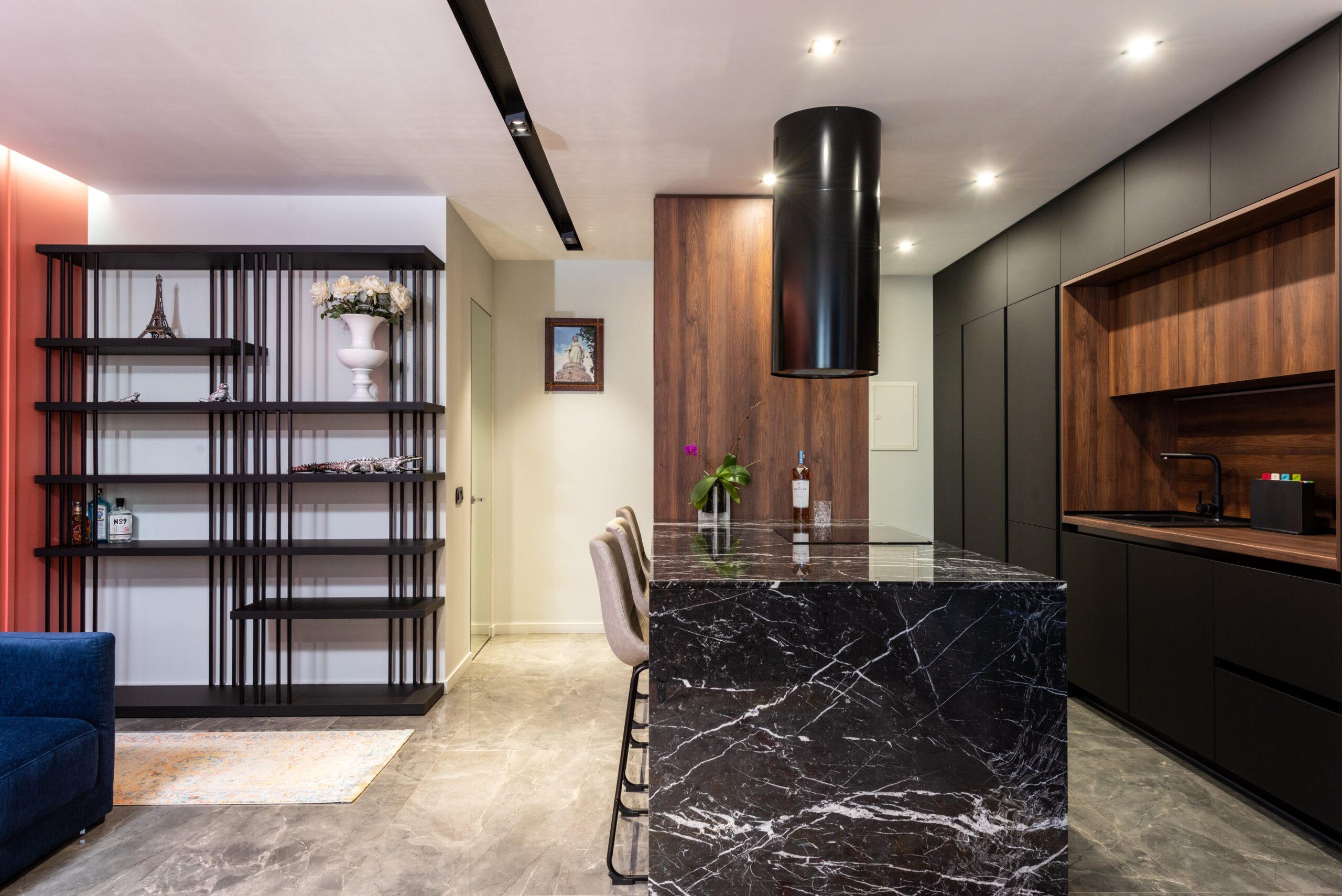
Granite
Now that you understand what quartz is, let’s take a look at granite. Granite is a natural igneous rock, formed by the solidification of molten magma or lava when it cools down.
Pros: The natural rock is known for having distinct, detailed patterns that formed as a result of the many minerals that help comprise it. So if you enjoy a classic and sophisticated look for your countertop, granite is the perfect choice.
Another pro of selecting granite for your home is how durable it can be. Granite is highly resistant to scratches, stains, and heat when properly sealed. Plus, you can find it in a wide array of colors, ranging from bright and bold shades to rich, earthy hues. This enables homeowners to easily match the color of their granite countertops with the rest of their design aesthetic.
Cons: While granite is a popular choice for kitchen countertops and backsplashes, bathroom vanities, and more, it does require periodic sealing. However, many people find that the investment in maintaining this natural rock is worth the return.
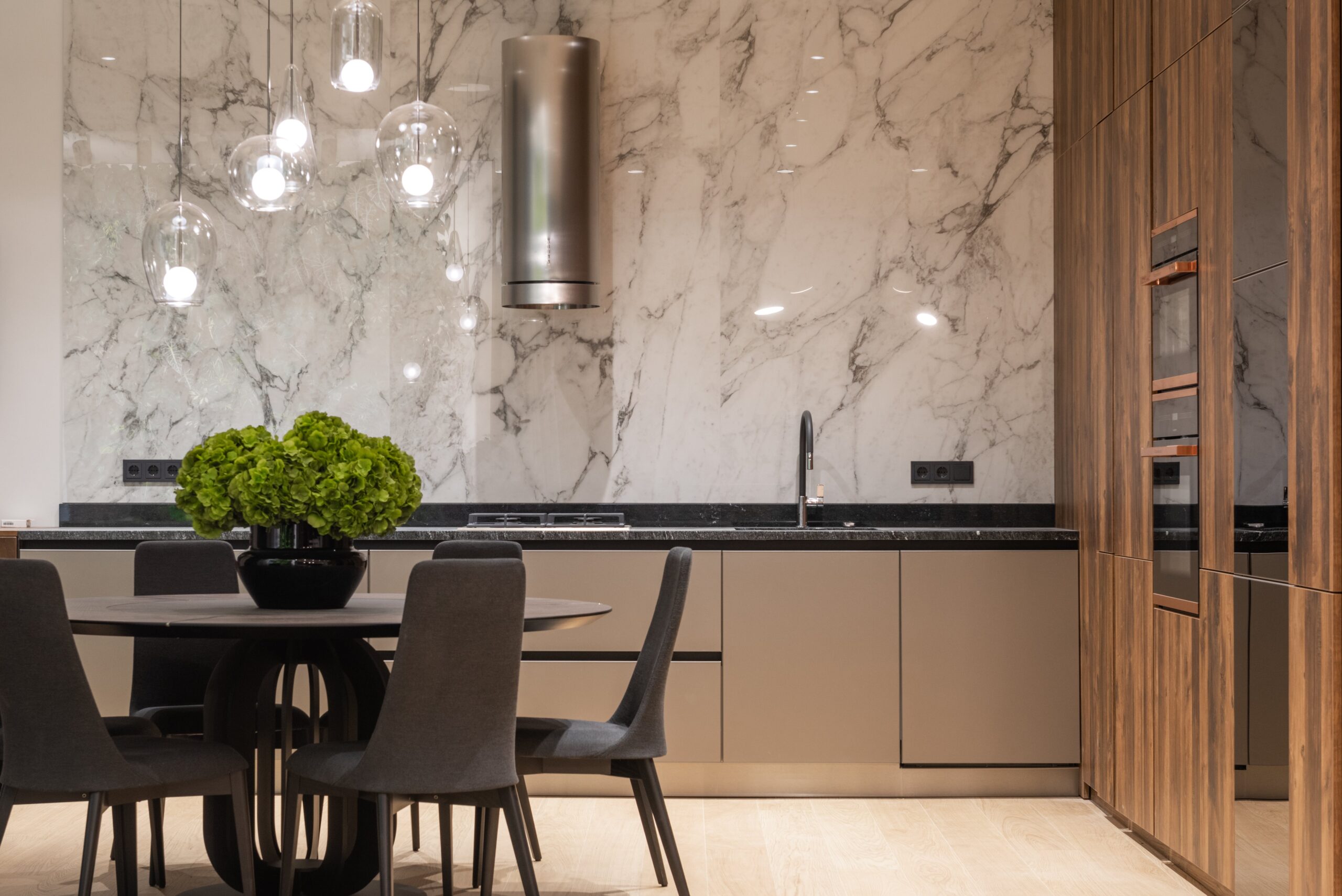
Marble
Last but not least is marble, a metamorphic rock made from limestone.
Pros: Characterized by refined veining and a smooth, polished finish, marble tends to be a coveted choice due to its sleek, luxurious appearance. Used for centuries in sculptures and architecture, marble is popular for having a classic appeal, making it highly desirable for countertops, shower walls, and flooring.
Cons: While marble is a popular choice, it happens to be more porous than quartz and granite. Because of this, it can be especially susceptible to stains and scratches. If you select marble for your home, be sure to practice regular sealing in order to protect the surface. This can keep it looking as pristine as possible.
Choosing the Right Material for Your Home
When trying to decide between quartz, granite, and marble, take into account your unique design style. For example, if you prefer a contemporary vibe, quartz is the perfect low-maintenance option. Or for a space that exudes sophistication, granite may be your best bet. And if you like a trendy, yet classic aesthetic, marble can certainly get the job done.
But beyond your personal style, other factors such as the level of maintenance required and the intended use of the surface are equally as important. Evaluating the pros and cons of each material can help you make an informed decision that not only suits your lifestyle but your budget, too.
Our editors love finding you the best products and offers! If you purchase something by clicking on one of the affiliate links on our website, we may earn a commission at no extra cost to you.
popular posts
- 1It’s Black Business Month, So Let’s Go Shopping and #BuyBlack!
- 2These Home Decor Items Will Instantly Make Your Space Look Outdated
- 3Black-Owned Home Decor Stores To Support Across the United States
- 4A Look Inside Elon Musk's Tiny $50,000 House
- 57 Black and Multicultural Designers To Follow For Design Inspo
Home

These 5 Kitchen Tools Will Up Your Culinary Experience
by Arielle Clay | January 19, 2023

I’ll Drink To That! Host a Black-Owned Wine & Spirit Tasting At Home
by Arielle Clay | January 20, 2023
Spaces
Whether it’s luxury or ease, every area of your home should be as fabulous and unique as you.
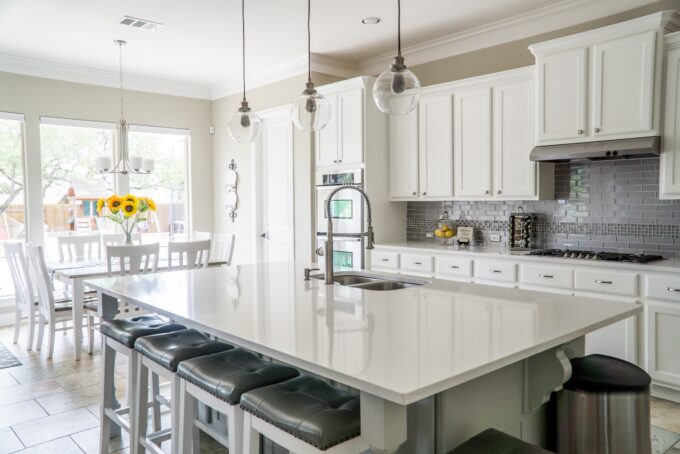
How to Clean Quartz Countertops and Top Product Recommendations
by Melody Beuzelin | April 11, 2023
What Is Sintered Stone? What To Know About This Rising Eco Friendly Countertop
by Lauryn Jiles | September 22, 2023
FOLLOW ALONG ON INSTAGRAM
#homeandtexture
Find us on social for more home inspiration where culture, personal style, and sophisticated shopping intersect to help you create a home where you love to live.


